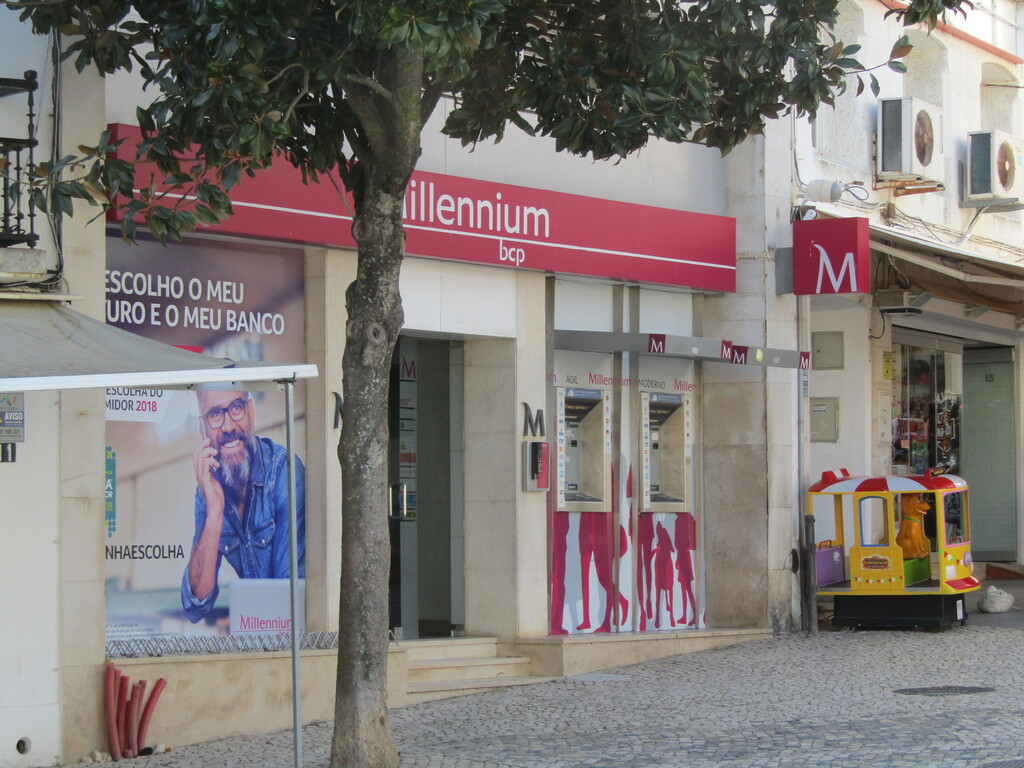
LISBON, May 15 (Reuters) – Portugal’s largest listed bank, Millennium bcp (BCP.LS) said on Monday its first-quarter consolidated net profit rose by 90.5%thanks to interest rate hikes and strict cost controls.
Millennium bcp Chief Executive Miguel Maya said the results were boosted by a “significant increase in the bank’s core income due to rising interest rates and expansion in the bank’s customer base and strict management of operating costs.”
He said there are still uncertainties about economic growth, inflation and when Russia’s war against Ukraine will end.
“But I guarantee that we have enormous confidence in the future of the bank because we know the great transformation we have already made, which has started to bear fruit as we expected,” he told reporters.
The bank has been cutting non-performing exposure and controlling costs, as well as increasing its customer base and improving profitability.
The bank’s consolidated net profit of 215 million euros was up from 112.9 million euros a year earlier, with profit in its domestic business increasing 59% to 170.8 million euros.
Its half-owned Polish subsidiary, Bank Millennium (MILP.WA), reported a net profit of 252.1 million zlotys ($61 million) last month versus a 122.3 million zloty loss in the first quarter of 2022, despite 200 million euros in provisions related to legal risks over its portfolio of Swiss francs mortgage loans.
Like other banks, Millennium bcp benefited from interest rate hikes by the European Central Bank and the Polish central bank to control inflation.
Consolidated net interest income (NII), or earnings on loans minus deposit costs, rose 42.9% to 664.6 million euros in 2022.
Its core income, including NII and fees, grew 30.7% to 860 million euros in the quarter.
Millennium bcp said its cost-to-income ratio dropped to 31% in the first quarter compared to 36% a year ago as operating costs edged up 5.3% to 268.5 million euros, a much lower increase than inflation.
The bank gained 4.7% more customers, whose number reached more than 6.5 million.
It reduced non-performing exposures by 28.5% to 1.28 billion euros in March from a year ago.

